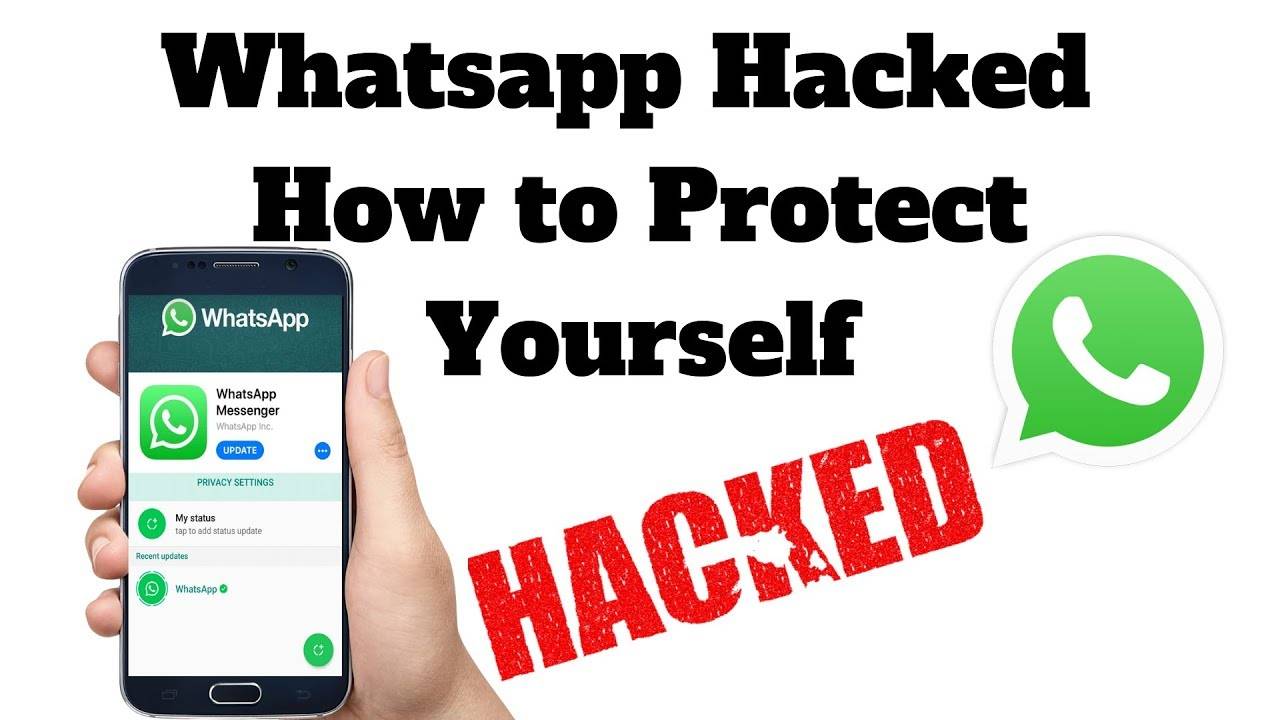In 2024, WhatsApp remains one of the most widely used messaging platforms in the world. While its end-to-end encryption ensures a high level of privacy, the app is not entirely immune to security threats. Hackers constantly devise new ways to exploit vulnerabilities and gain unauthorized access to accounts. If you're concerned about your online safety, this guide will walk you through the steps you can take to avoid getting hacked on WhatsApp.
1. Enable Two-Step Verification
One of the most effective ways to secure your WhatsApp account is by enabling two-step verification. This adds an extra layer of protection by requiring a PIN whenever you attempt to verify your phone number on the app.
How to Enable Two-Step Verification:
- Open WhatsApp and go to Settings.
- Tap on Account, then select Two-step verification.
- Tap Enable and choose a six-digit PIN.
- Optionally, add an email address in case you forget your PIN.
With two-step verification enabled, even if someone manages to obtain your SIM card, they won't be able to access your account without the PIN.
Also read...How to make money on WhatsApp
2. Be Cautious of Phishing Scams
Phishing is a common technique used by hackers to trick users into revealing sensitive information, such as login credentials or verification codes. Hackers may send messages pretending to be from WhatsApp support or another trusted source, asking you to share your verification code or click on a suspicious link.
How to Avoid Phishing Scams:
- Never share your WhatsApp verification code with anyone.
- Avoid clicking on links from unknown or suspicious sources.
- Be wary of messages that create a sense of urgency or ask for personal information.
Remember, WhatsApp will never ask for your verification code, PIN, or any other personal information via chat.
3. Log Out of WhatsApp Web Sessions
WhatsApp Web allows you to use WhatsApp on your computer by syncing it with your phone. However, if you forget to log out from a public or shared computer, someone else could gain access to your account.
How to Secure WhatsApp Web:
- Always log out of WhatsApp Web when you're done using it on a public or shared computer.
- You can also monitor active sessions from your phone. Go to WhatsApp Web/Desktop in your WhatsApp settings and log out of any sessions you don’t recognize.
4. Be Mindful of WhatsApp Clones and Modded Apps
There are many WhatsApp clones and modded versions of the app available online, offering additional features not found in the official version. However, these unofficial apps often come with significant security risks, as they may contain malware or spyware designed to steal your information.
How to Stay Safe:
- Only download WhatsApp from official sources, like the Google Play Store or Apple App Store.
- Avoid using third-party modded versions of WhatsApp, such as GBWhatsApp or WhatsApp Plus.
Using the official version ensures you're receiving the latest security updates and patches from WhatsApp.
5. Protect Your Personal Information
Hackers can exploit the personal information you share on WhatsApp to gain access to your account or trick your contacts. It’s crucial to be mindful of the type of information you share and with whom.
Best Practices for Protecting Personal Information:
- Avoid sharing sensitive information, like passwords, bank details, or identification numbers, via WhatsApp.
- Regularly review your privacy settings to control who can see your profile photo, status, and last seen.
- Consider restricting your profile photo visibility to "My Contacts" only.
6. Regularly Update WhatsApp
WhatsApp frequently releases updates that include security patches to protect against new threats. Keeping your app up to date ensures you're protected against the latest vulnerabilities.
How to Update WhatsApp:
- On Android: Open the Google Play Store, search for WhatsApp, and tap Update if available.
- On iOS: Open the App Store, search for WhatsApp, and tap Update if available.
Enable automatic updates to ensure you're always using the latest version of the app.
7. Beware of Social Engineering Attacks
Social engineering involves manipulating people into giving up confidential information. For instance, a hacker might pose as a friend or family member to trick you into sharing your WhatsApp verification code.
How to Avoid Social Engineering Attacks:
- Verify the identity of anyone asking for sensitive information, even if they appear to be someone you know.
- Be skeptical of requests for your verification code, even from friends or family. If someone you know needs to verify their account, they should receive their own code directly from WhatsApp.
8. Use a Strong SIM Card PIN
Hackers sometimes use SIM swapping to gain control of your phone number and access your WhatsApp account. A SIM card PIN adds an extra layer of protection, making it harder for someone to swap your SIM without your permission.
How to Set Up a SIM Card PIN:
- On Android: Go to Settings > Security > Set up SIM card lock and follow the prompts.
- On iOS: Go to Settings > Mobile Data > SIM PIN and follow the prompts.
Choose a PIN that is hard to guess but easy for you to remember.
9. Keep Your Phone Secure
Securing your phone is just as important as securing your WhatsApp account. If someone gains physical access to your device, they could potentially access your WhatsApp as well.
Tips for Securing Your Phone:
- Use a strong, unique passcode or biometric authentication (fingerprint, face ID).
- Enable remote lock and wipe features in case your phone is lost or stolen.
- Install a reputable security app to protect against malware and unauthorized access.
10. Regularly Monitor Your Account for Suspicious Activity
Even with all these precautions, it's essential to stay vigilant. Regularly monitor your WhatsApp account for any suspicious activity, such as unknown contacts, messages you didn’t send, or logins you don’t recognize.
What to Do if You Suspect a Hack:
- Log out of all active WhatsApp Web sessions.
- Change your WhatsApp PIN and consider resetting your SIM card PIN.
- Notify your contacts if you believe your account has been compromised.
- If you're unable to access your account, contact WhatsApp support immediately.
Conclusion
While no system is entirely hack-proof, following these tips can significantly reduce your risk of getting hacked on WhatsApp. By taking proactive measures—such as enabling two-step verification, being cautious of phishing attempts, and keeping your app updated—you can enjoy the convenience of WhatsApp while keeping your personal information secure.
In 2024, online security is more critical than ever. Stay informed, stay cautious, and keep your WhatsApp account safe from potential threats.




No comments yet
Be the first to share your thoughts!